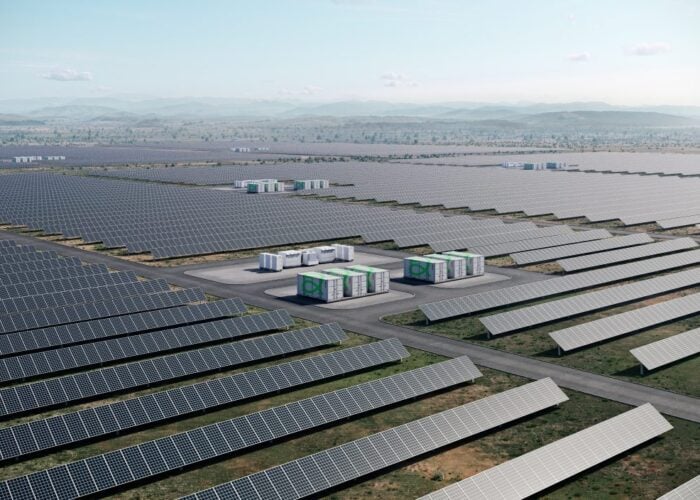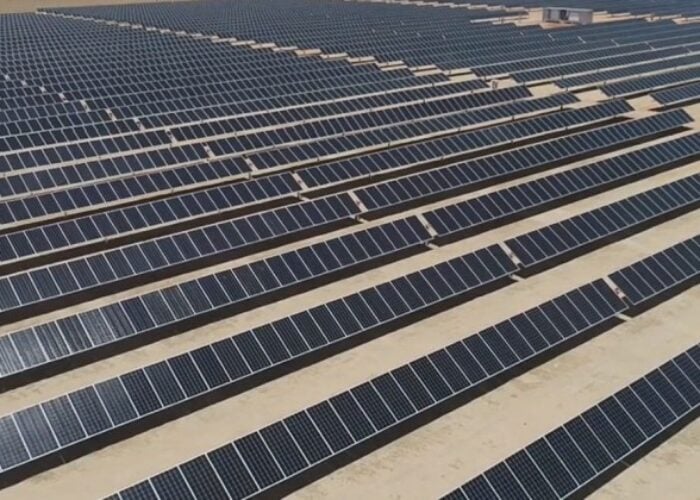Having acquired amorphous silicon (a-Si) thin-film equipment supplier Oerlikon Solar for over US$280 million in 2012, Tokyo Electron (TEL) has made an impairment charge on the operations of around US$214 million, revaluing the operations at around US$71 million.
The write down was said to be due to continued challenging market conditions due to PV module overcapacity and the lack of capacity expansions.
Try Premium for just $1
- Full premium access for the first month at only $1
- Converts to an annual rate after 30 days unless cancelled
- Cancel anytime during the trial period
Premium Benefits
- Expert industry analysis and interviews
- Digital access to PV Tech Power journal
- Exclusive event discounts
Or get the full Premium subscription right away
Or continue reading this article for free
However, an independent report from NREL noted this year that cost reductions made by c-Si module manufacturers were due to the significant economies of scale primarily by China-based manufacturers, while the significant fall in the price of polysilicon and other materials had contributed to significant overall ASP declines.
The majority of thin-film manufacturers remain small operations with lower conversion efficiencies than conventional c-Si PV modules and continue to struggle to compete on both cost-per-watt and LCOE (Levelised Cost of Electricity) metrics.
Thin-film rivals such as First Solar (CdTe) and Solar Frontier (CIS) dominated the sector with large capacity and higher conversion efficiencies than companies producing a-Si thin-film modules.
TEL noted that its assessment of its PV business meant it did not expect a recovery from a situation of excess liabilities within five years, so a loss of 3.3 billion yen (US$32 million) on the revaluation of stock of TEL Solar Holding AG would be made.
The company also said that an allowance for doubtful accounts concerning a 39.4 billion yen (US$382 million) loan made by TEL to TEL Solar would also be recorded.
Hiroshi Takenaka, President and CEO of TEL had previously highlighted after the acquisition of Oerlikon Solar that the business would become a “core” unit of the company and become a key part of its future growth plans.
TEL has recently agreed a merger with main semiconductor equipment rival, Applied Materials, which had previously exited the a-Si thin-film market.






